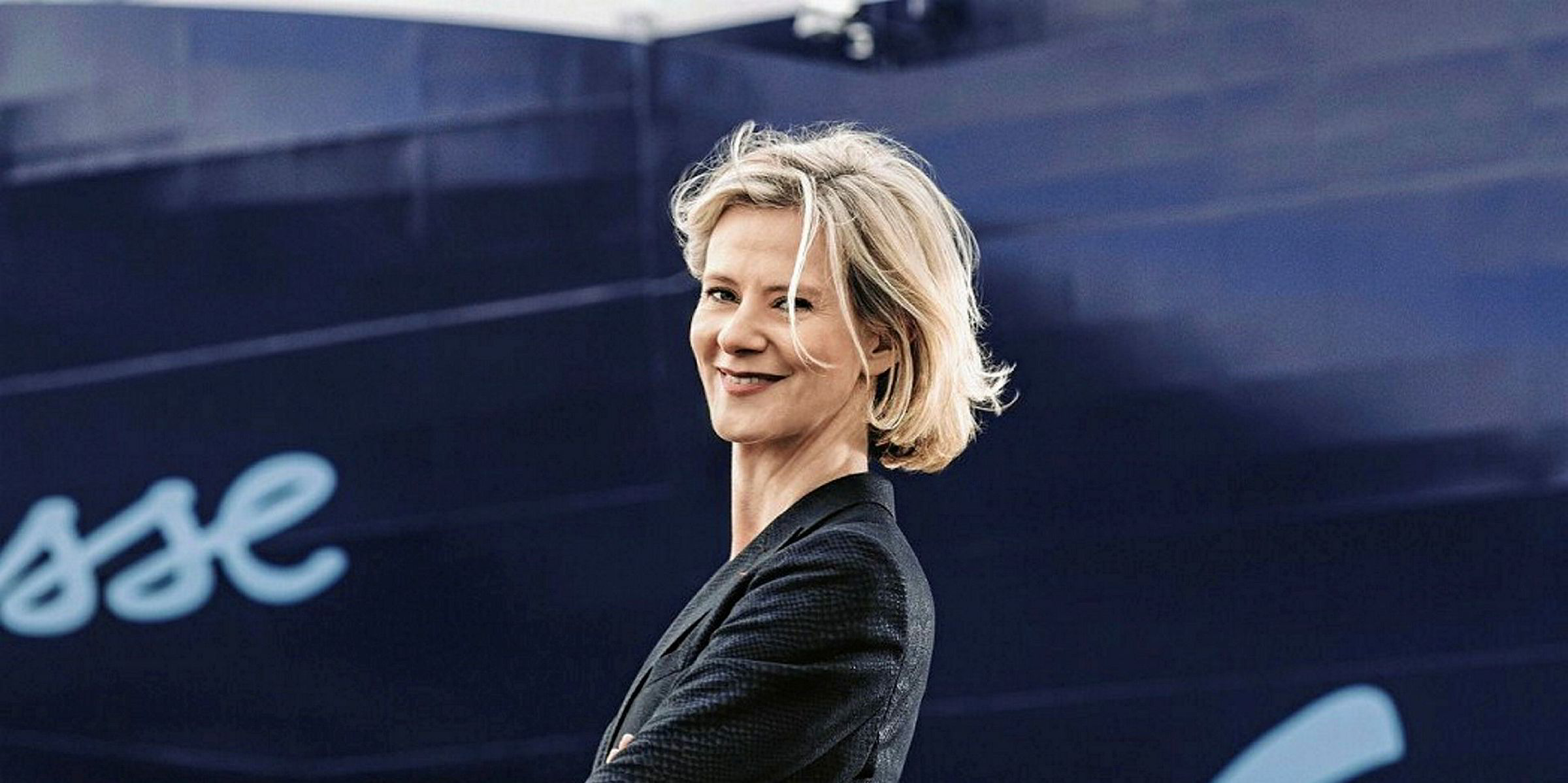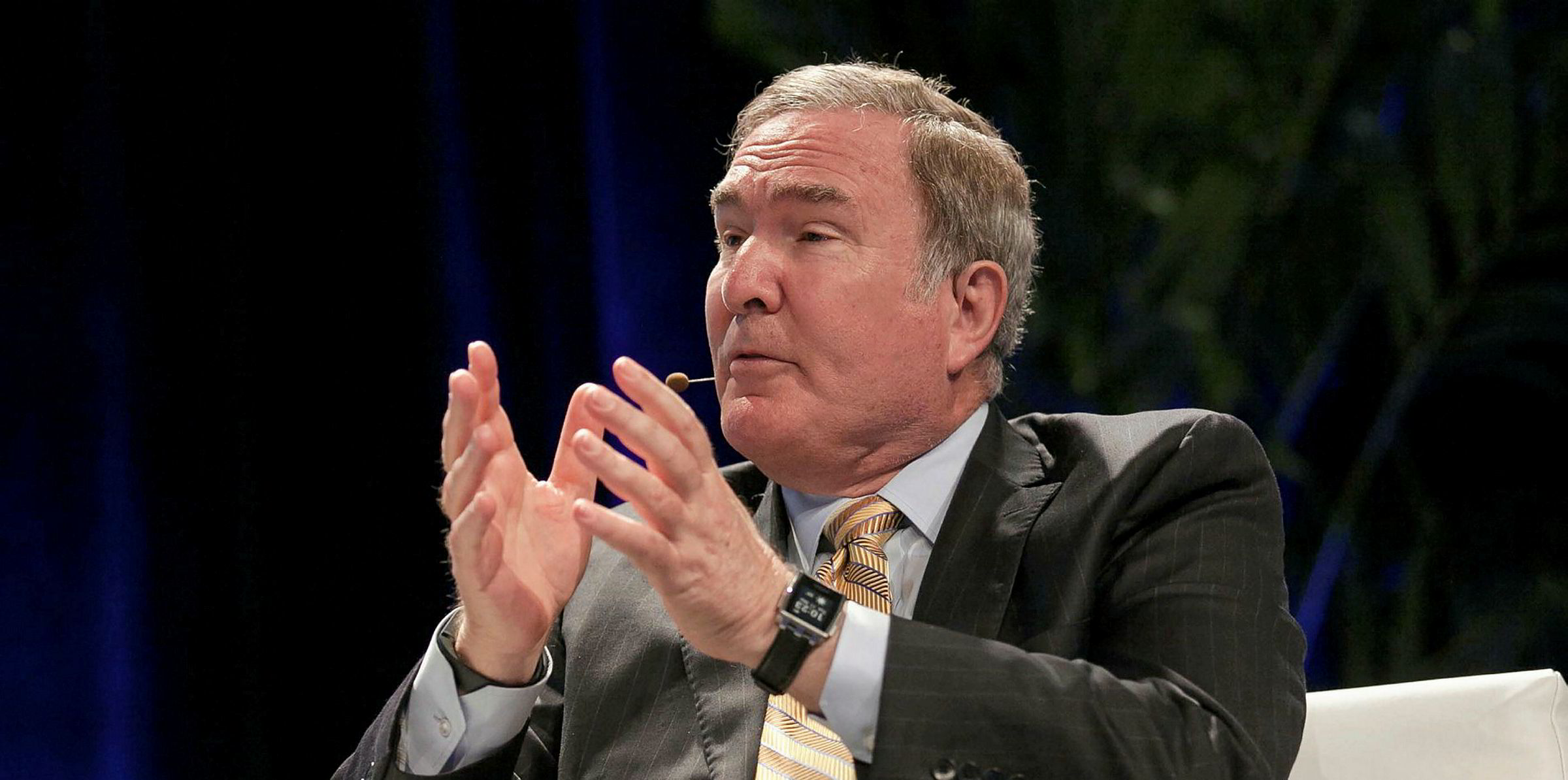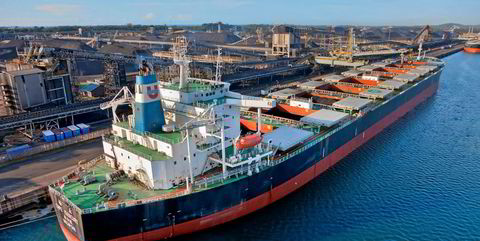A group of activist shareholders has criticised Germany travel giant TUI for not doing enough to reduce air pollution in its cruise subsidiaries or to meet its social obligations as an employer.
The hard-hitting claims were made at the company’s annual shareholders meeting in Hanover yesterday.
The complaint came from members of a corporate lobby group called the Association of Ethical Shareholders Germany, known in Germany as Kritische Aktionare.
At the meeting, the group voted against approving the actions of TUI’s executive board members. It accused the executive board of failing “to sufficiently exercise its responsibility to develop more climate and environmental protection measures”.
The rebel shareholders were angered because TUI’s business strategy is not in line with the Paris Agreement on climate change and the IMO’s own targets for shipping.
In a statement Kritische Aktionare said that TUI AG and its subsidiaries Hapag-Lloyd Cruises, Marella Cruises and its TUI Cruises joint venture with Royal Caribbean Cruises continue to rely on heavy fuel oil, "which is harmful to human health and the environment".
"Apart from the environmental pollution, no longer in keeping with the times, caused by heavy fuel oil, the greenhouse gas emissions of the fleet are also growing substantially, contrary to the industry-wide obligation," the group said. "This means that the group’s current activities are incompatible with the climate goals of the Paris Agreement."
The group also objected to the use of scrubbers on TUI cruiseships, which allowed it to continue to burn polluting heavy fuel oil.
TUI said in a statement: "TUI operates a highly carbon-efficient aircraft fleet with our airlines taking the top spots in airline sustainability rankings.
"TUI Cruises and Hapag-Lloyd Cruises operate the most modern cruise fleets and we continue to modernise our fleet.
"Our hotels are committed to efficient operations and 81% of TUI Hotels & Resorts hold sustainability certifications. We won’t stop here, but will launch additional carbon and climate related initiatives within a new Sustainability Strategy 2020-2030."
The unit recently appointed an environmental advisory board to help it achieve carbon-free shipping.
Kritische Aktionare further pointed out that TUI is failing in its duty to shareholders. Sustainable business strategies had been proven to maximise profits the group claimed.
“Studies confirm that there is a positive connection between the consideration of environmental, social and governance criteria and the performance of companies. Sustainable and well-managed companies are the better investment candidates,” the group said.
In a separate petition, the group also voted against approving the actions of TUI supervisory board members for failing to apply sustainable development goals.
The group complained that TUI is not applying the United Nations’ Sustainable Development Goals for the tourist industry or the UN Social Covenant.
It further accused TUI of making corporate profits from labour exploitation, paying low wages to Asian staff, providing insufficient social security benefits for staff and avoiding tax by changing the flag of the fleet.






